The original 1961 poster for Paris Blues trumpeted it as “a love-spectacular so personally exciting you feel it’s happening to you”. Would it were actually thus. Instead, it’s ponderous and features a cast so obviously “acting” that any verve implied by being filmed in Paris and set in the world of jazz is missing in action. Paris Blues is worth seeing, but don’t expect the pulse to quicken.
Ram Bowen (Paul Newman) and Eddie Cook (Sidney Poitier) are American jazzers living in Paris with a residency in a smoky basement. One member of their band is a drug addict and a local Juliette Gréco type is on the scene. Lillian Corning (Joanne Woodward: Newman’s real-life wife, pictured below right with Newman) and Connie Lampson (Diahann Carroll) are American friends vacationing in Paris for two weeks who immediately encounter the musicians, turn their heads and, as unlikely it seems, soon have them seriously contemplating new and settled lives back in their home country. Also arriving in town is trumpeter Wild Man Moore (Louis Armstrong) – Ram wants him to play a tune he’s composed.
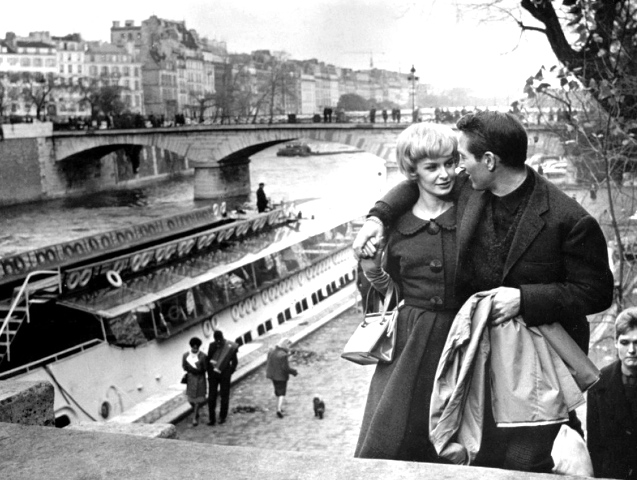 Three elements define the film: the music, the setting and its head-on approach to American racism. With a score by Duke Ellington (Oscar-nominated in 1962) and Armstrong’s appearance, Paris Blues is a jazz-on-film landmark (but not as much as Lift to the Scaffold). Newman and Poitier (obviously) mime atrociously, and the players heard include Armstrong and Ellington as well as Johnny Hodges, Max Roach, Clark Terry and more. For this aspect alone, Paris Blues is highly diggable.
Three elements define the film: the music, the setting and its head-on approach to American racism. With a score by Duke Ellington (Oscar-nominated in 1962) and Armstrong’s appearance, Paris Blues is a jazz-on-film landmark (but not as much as Lift to the Scaffold). Newman and Poitier (obviously) mime atrociously, and the players heard include Armstrong and Ellington as well as Johnny Hodges, Max Roach, Clark Terry and more. For this aspect alone, Paris Blues is highly diggable.
However, despite being a wonderful picture-postcard snapshot of early Sixties Paris, the musical milieu is depicted clunkily with a far-too discernible staging. Everything – whether players on stage or their audience – comes over as forced. As do the interactions between the leads which are, in the main, turgid and over-talky. Despite discussions about racism and the differences between French and American attitudes, there is little spark in the dialogue. Both Newman and Poitier are over-measured, while a miscast Woodward is mumsy (even in her ooh-la-la underwear) and Carroll has little character. There is also a sense the film came too late. Paris really buzzed with American jazzers around a decade earlier. Director Martin Ritt’s work in theatre and television drama inform this too-earnest, too-mannered and not-at-all-edgy film.
The dual format DVD/Blu-ray package of this misfire is splendid, as is the High Definition image restoration. The booklet contains essays on the film’s jazz aspect and new supplements include a reverential, observation-centred commentary, a stills gallery and an isolated music track.

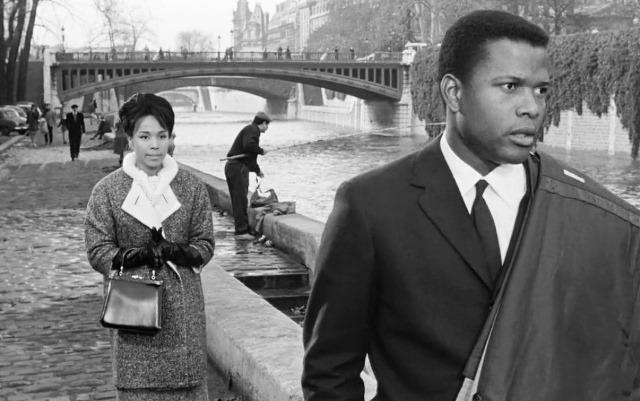



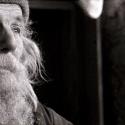
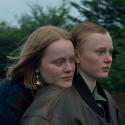
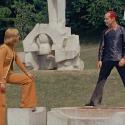



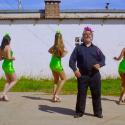

Add comment